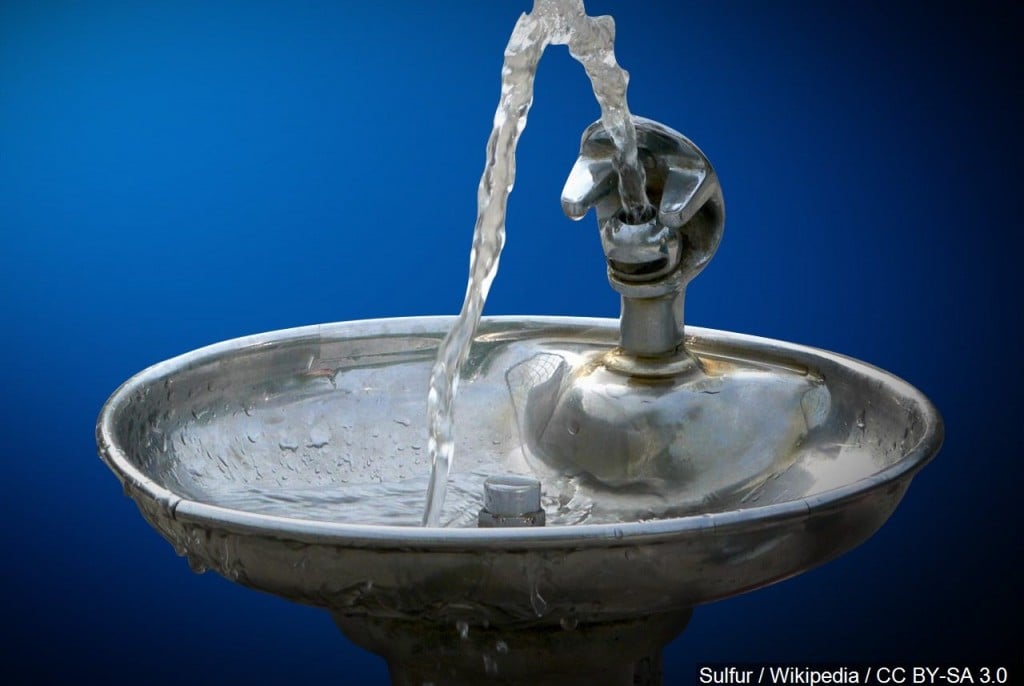Lead in NC school water: groups call for swift action to get it out
The group urged North Carolina public officials and school officials to take swift action to “get the lead out” of schools’ drinking water.

RALEIGH, NC (NEWS RELEASE) — Lead contamination of school drinking water is more pervasive than previously thought, according to testing data from across the nation published on Thursday by Environment North Carolina Research and Policy Center on an interactive map.
The group urged North Carolina public officials and school officials to take swift action to “get the lead out” of schools’ drinking water.
“Wherever there are fountains, pipes, or plumbing made with lead, there is a risk of contamination,” said Krista Early, Advocate with Environment North Carolina Research and Policy Center. “So alarmingly but not surprisingly, as more schools test, they are finding this potent neurotoxin in the water our kids drink every day.”
North Carolina still has very limited data on testing results. This map shows widespread contamination elsewhere – with lead at roughly half the taps tested in states ranging from Arizona to Massachusetts. If this problem is profusely showing up in these places, it is safe to assume that our state is just as affected.
Confirmed cases of lead contamination are likely just the tip of the iceberg. Most schools have at least some lead in their pipes, plumbing or fixtures. Lead concentrations in water are also highly variable, and so even several samples can miss the full extent of contamination.
Schools can start preventing contamination by replacing fountains with water bottle stations that have lead-removing filters. Installing these filtered water stations would only cost a fraction of the nearly $110 billion in federal stimulus that school districts are receiving. Knowing that this problem still exists in North Carolina, our schools should be taking advantage of all the federal funding that is coming their way to address lead contamination in their drinking water.
“No parent should have to worry about the drinking water at their child’s school,” said Early. “So instead of waiting for more tests to confirm our kids are drinking lead, it’s time for bold action to get the lead out.”
For more information, click here to view the Environment North Carolina Research and Policy Center website.




